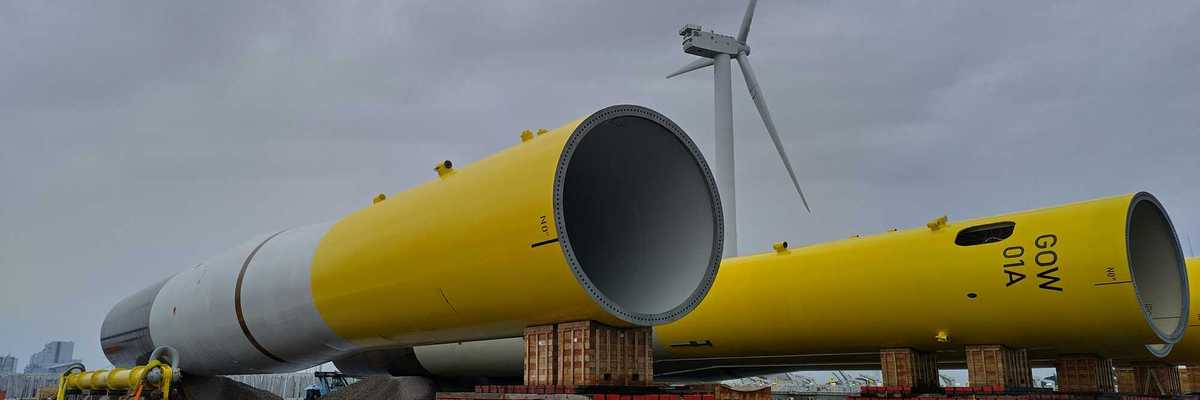drinking_water
Wildfires threaten drinking water with contamination risks
As wildfires rage, the aftermath poses a hidden threat to clean water supplies, contaminating reservoirs and water systems for months after the flames are extinguished.
In short:
- Wildfires can introduce cancer-causing substances into water supplies, affecting millions in high-risk areas.
- Burned vegetation and ash prevent water absorption, leading to flash floods and contamination.
- High ambient heat can compromise PVC water lines, unfurling plastic polymers and releasing volatile organic compounds (VOCs) into the water supply.
Key quote:
"We’re destabilizing [water] systems and we don’t even know in what way and how."
— Newsha Ajami, chief strategic development officer, Lawrence Berkeley National Labs.
Why this matters:
As the flames consume everything in their path, they release a cocktail of chemicals and heavy metals from burned structures, vegetation, and soil. These toxics seep into waterways and reservoirs, turning our taps into potential health hazards. Read more: US lead pipe replacements stoke concerns about plastic and environmental injustice.
Alabama residents endure lack of public water access for over a decade
In rural Marion County, Alabama, hundreds of households, including the McClungs, have been waiting for public water access for over a decade, relying on private wells to meet their daily needs.
In short:
- Around 40% of households in Marion County lack public drinking water, depending instead on private wells.
- The McClung family and their neighbors have been promised public water access for years, but it remains unfulfilled.
- Socioeconomic and racial disparities exacerbate water access issues across Alabama.
Key quote:
“Less than a year after one of the worst droughts in the history of our state, the Governor’s decision to put the brakes on an already overdue and lengthy process sets all of Alabama back in the progress that’s been made to date.”
— Sarah Stokes, an attorney for the Southern Environmental Law Center
Why this matters:
Lack of access to public water in rural Alabama highlights significant infrastructural gaps and socioeconomic disparities. Well water quality can be unpredictable, often subject to contamination from agricultural runoff, industrial activities, and natural mineral deposits. This poses significant health risks, particularly for vulnerable populations such as children and the elderly. As climate change increases drought risks, reliable water access becomes even more critical.
Rising saltwater contamination threatens health in coastal Bangladesh
Saltwater intrusion in coastal Bangladesh is exacerbating chronic kidney disease, with residents forced to consume contaminated water for daily use.
In short:
- Chronic kidney disease (CKD) is increasing in Bangladesh’s coastal areas due to saline water consumption.
- Saline intrusion from rising sea levels and human activities like shrimp farming contaminates freshwater resources.
- Local infrastructure projects to provide clean water have stalled, worsening the public health crisis.
Key quote:
“These coastal communities are suffering the double burden of climate change.”
— Dr. Abu Mohammed Naser, University of Memphis
Why this matters:
Access to clean water is critical for preventing kidney disease and other health issues. Without improvements, the prevalence of CKD and related illnesses will likely rise, worsening the public health crisis in these communities.
LISTEN: Azmal Hossan on the sociology of climate crises in South Asia.
Future cities to harness power and resources from wastewater
Innovative technologies are transforming wastewater into drinking water, compost, and energy, revolutionizing urban resource management.
In short:
- Companies like Epic Cleantec are developing systems to recycle gray water for non-potable uses and extract energy from wastewater.
- Advanced purification techniques are enabling cities like San Diego to convert wastewater into drinking water.
- Wastewater recycling is becoming essential for urban sustainability, especially in rapidly growing cities facing water stress due to climate change.
Key quote:
"We’re turning wastewater—which in my opinion, is a term that is in dire need of a rebrand—into clean water, into renewable energy, and into soil."
— Aaron Tartakovsky, cofounder and CEO of Epic Cleantec
Why this matters:
The shift toward recycling wastewater is a crucial step in addressing the increasing water demands of urban populations and the challenges posed by climate change. These innovative solutions not only conserve water but also create new resources, demonstrating a sustainable approach to city planning and environmental management.
Read: Expert ecologist William H. Schlesinger on what happens to all the modern, exotic compounds when we flush them into the environment.









